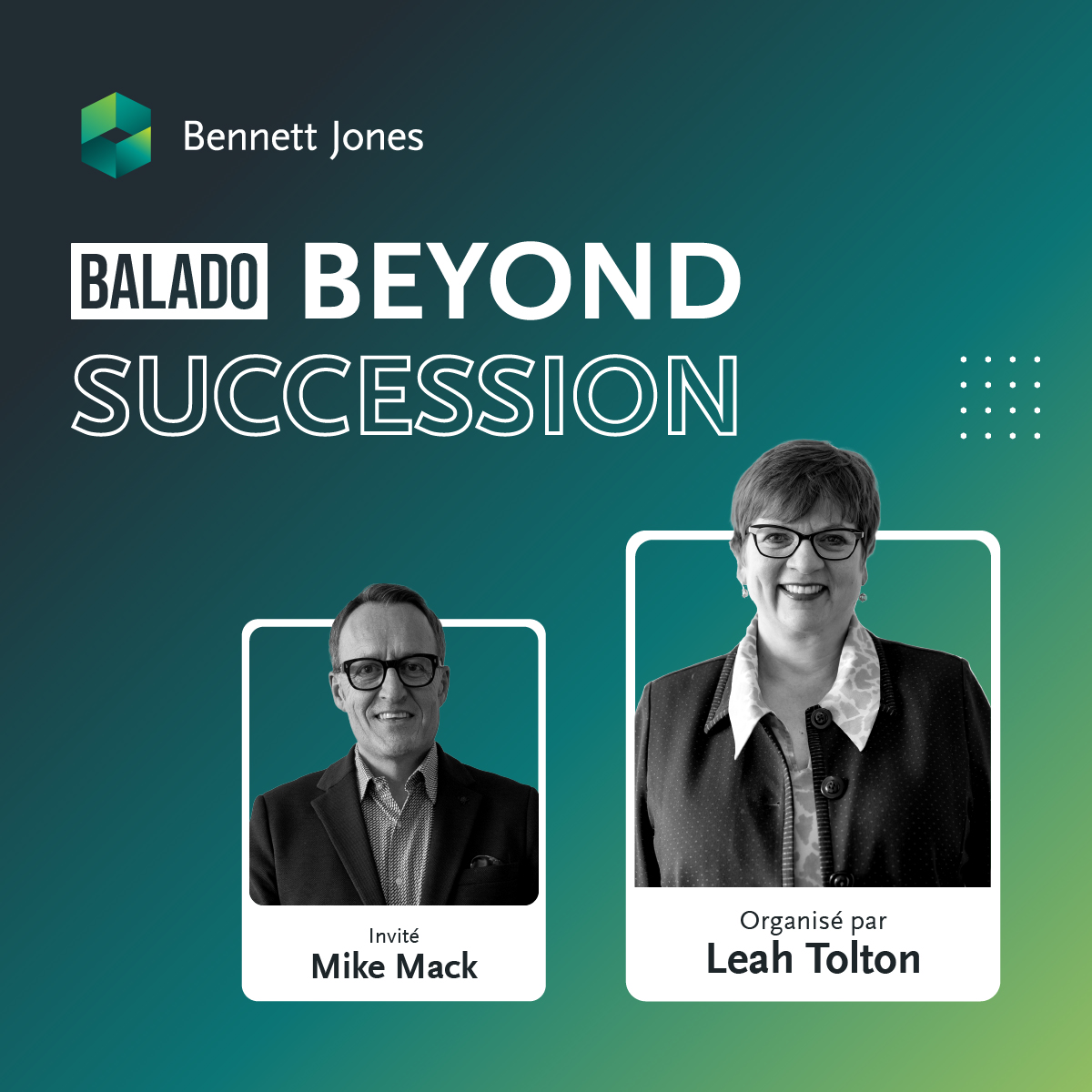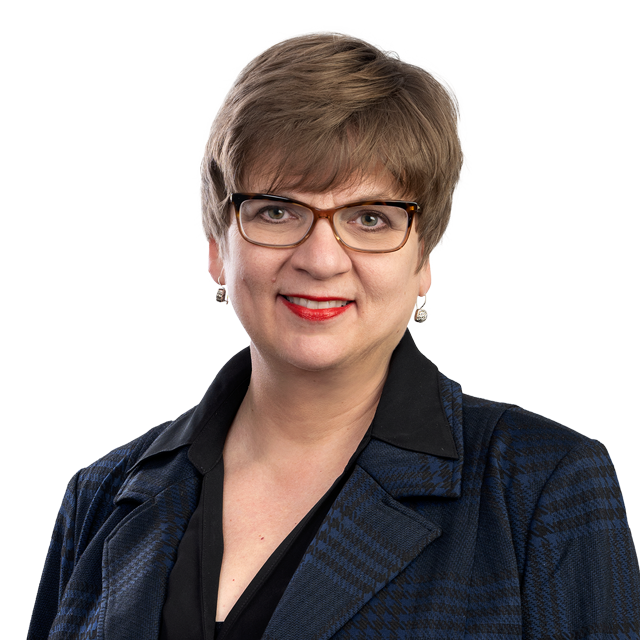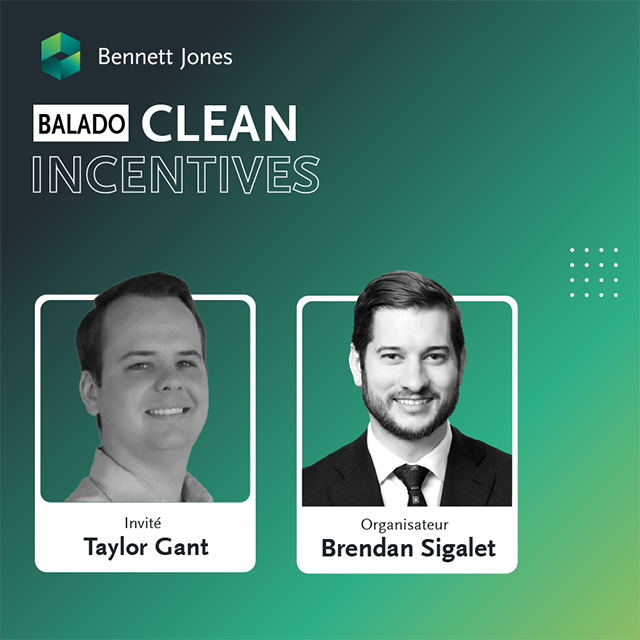La planification de la relève est vitale mais délicate pour les entreprises familiales, ayant un impact sur les relations et les émotions parallèlement à la stratégie. Explorant les subtilités de la planification de la relève dans les entreprises familiales, Au-delà de la succession se penche sur l'équilibre sensible entre la dynamique familiale et la prise de décision stratégique.
Dans cet épisode, Mike Mack of X5 Management s'assoit avec l'hôte et bennett Jones Partner, Leah Tolton, pour explorer comment la dynamique de la relève crée des répercussions sur les relations familiales et d'affaires, influençant la trajectoire de l'entreprise. Nous plongeons dans l'interaction complexe et nuancée entre la planification de la relève, les liens familiaux, les émotions et les objectifs.
Découvrez comment des transitions réfléchies et un encadrement ciblé peuvent à la fois maximiser le potentiel de leadership et favoriser l'unité familiale grâce à un changement organisationnel.



